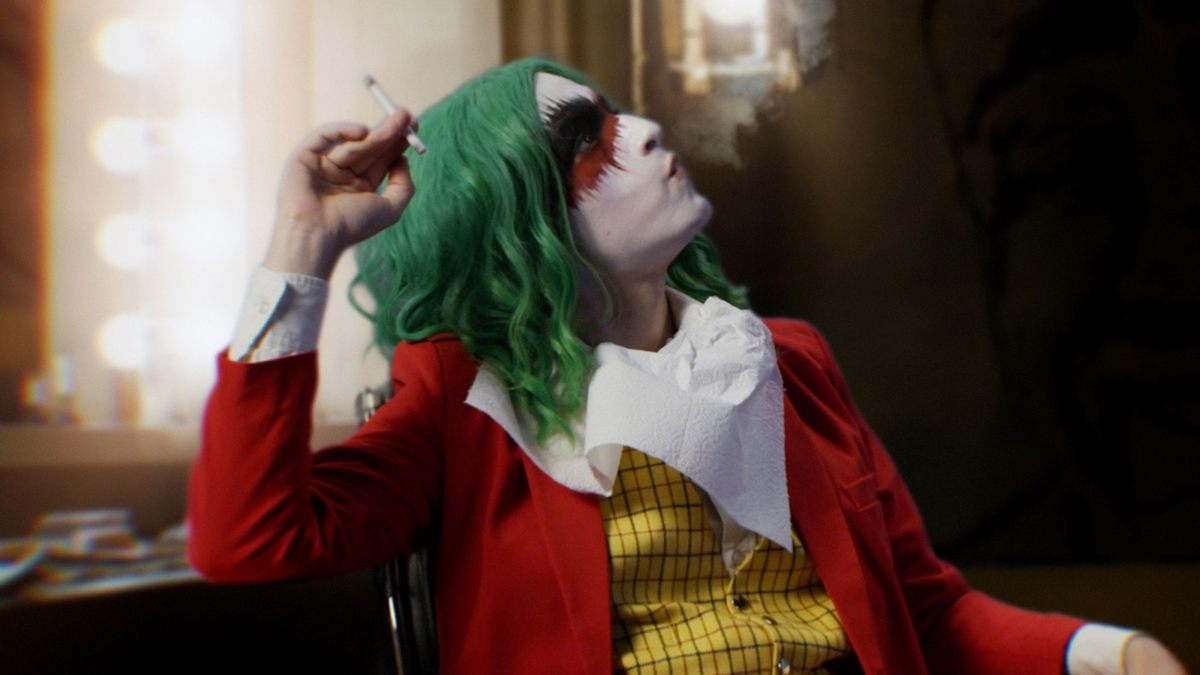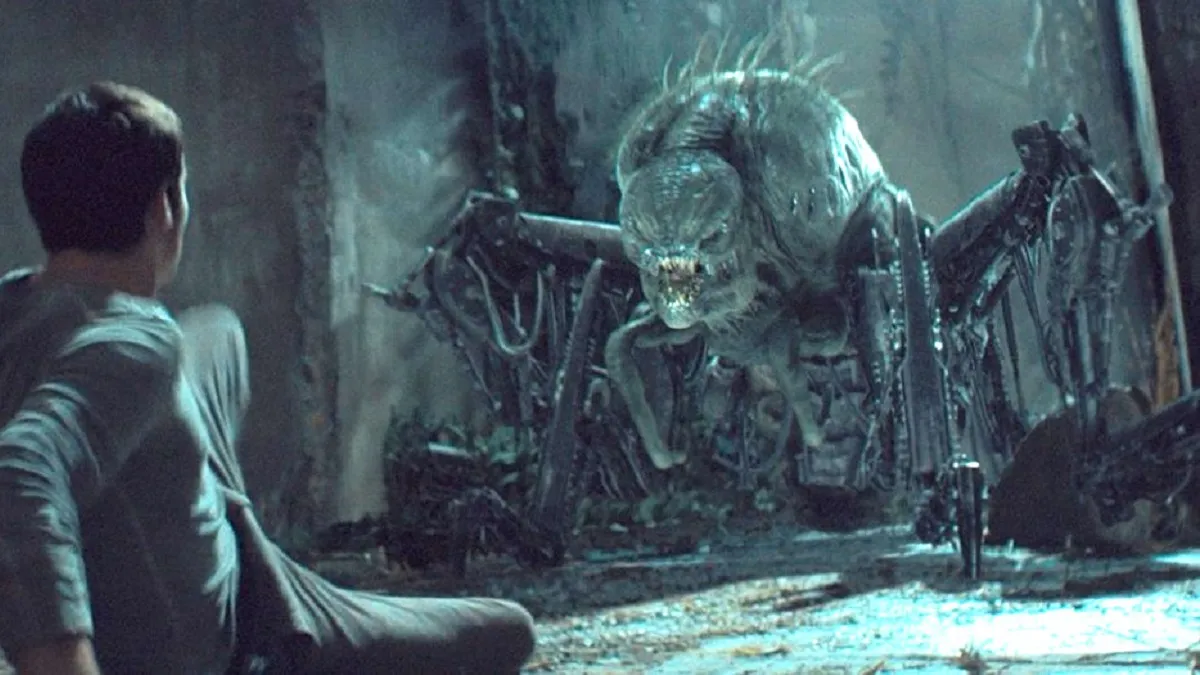
We’ve seen Kristen Wiig create many characters before, whether it’s been the countless memorable creations from her time on Saturday Night Live, supporting comedic roles in movies like Knocked Up, Adventureland and MacGruber, or her outstanding lead performance in Bridesmaids. But it’s doubtful we’ve ever seen her take on the type of role she plays in Hateship Loveship. Liza Johnson’s sophomore directorial effort is the type of indie drama that carries a mostly serious tone, but can’t help but be comedic in awkward moments orchestrated by slightly eccentric characters. Awkward moments, of course, are where Kristen Wiig tends to shine brightest.
Wiig plays Johanna, a housekeeper/caregiver who, following the death of the woman she had been tending to for years, is hired by a Mr. McCauley (Nick Nolte) to help out with his granddaughter Sabitha (Hailee Steinfeld). She also meets the mildly charming recovering drug addict son-in-law of Mr. McCauley named Ken, who is played to perfection by Guy Pearce (can we just stop and appreciate the fact that we’re seeing Pearce in a role where he isn’t completely despicable?). You could say this is something of a love story, as through a series of letter exchanges manipulated and forged by Sabitha and her friend Edith, Johanna develops a relationship with a shadow version of Ken, unbeknownst to Ken himself. This sparks feelings that are completely new to Johanna, and the results are surprising yet make perfect sense.
This is more than just a love story, however. Rather than making the pursuit of love central to the character’s motivation, it’s the subtle transformation of Johanna that makes this story more of a delayed coming of age story for our heroine. She begins as a passive observer, almost a supporting player in her own life, where her primary responsibility and source of worth is providing care for others. Even the relationship—false as it may be, it’s completely real to Johanna—is something that is imposed upon her by the assertion of Ken, and the perpetuation of Sabitha and Edith. It’s not until she begins to feel as though someone sees her as a person, not just as “the help,” that Johanna starts to take control of her own fate, making a bold move that involves siding with Ken in his ongoing feud with Mr. McCauley.
There’s not much humor to be found in a story like this. In fact, it’s fairly sad at first, and as Johanna begins to come into her own, feels like the type of feel-good indie stories we’ve come to see fairly often. One element that makes this different is the characterization by Wiig. Her version of Johanna is a person who has resigned herself, not in a seemingly unhappy way, to a life of essential servitude. Her backstory is unclear but we do know she cared for her previous client since she was in her 20s. Wiig expresses Johanna’s pleasure in beautifully subtle ways. Her face’s resting position in this story is somewhat sunken, and so it only takes the tiniest movement for us to know she’s pleased with something. Little victories are met with this wonderful, brief smirk, as though she almost feels guilty for the joy she feels but for just a moment, can’t contain herself. It’s so brief you could almost miss it, but it’s a testament to the confidence of Wiig and Johnson that they trust the audience to spot it and appreciate it.

While Wiig’s performance is essential to how well Hateship Loveship works, Johnson’s superb direction should not be overlooked. She’s working with a terrific script by Mark Poirier, and obviously tremendous source material by renowned Canadian author Alice Munro, but she’s ultimately responsible for the terrific tone of the movie, perfectly suited for the material. The staging of the love scenes is rather inspired; they don’t seem the least bit indulgent and the characterization they’re meant to expect is wonderfully clear while maintaining a natural feel. There are some lovely moments with beautifully timed and framed physical gags, the most memorable of which being Johanna leaning just slightly into the frame to acknowledge a compliment, while remaining too bashful to step fully into the frame to receive it.
It may be off-putting for some to see Kristen Wiig in a serious role like this one—those expecting the type of setup-punchline laughs she has been known to draw will leave disappointed. Surely most would agree that her strong suit, though, has always been her ability to establish a fully envisioned, three-dimensional character in the length of a televised sketch or brief film appearance, and the skills that allow her to do that also make it possible for her to break through in a dramatic role like this one, while also enriching the character with a nice amount of comedic notes, endearing her to the audience even more. The only real difference is that the end goal of her work is pathos instead of pure laughs. In that effort, she makes Hateship Loveship the type of understated character study that you can’t help but love.






